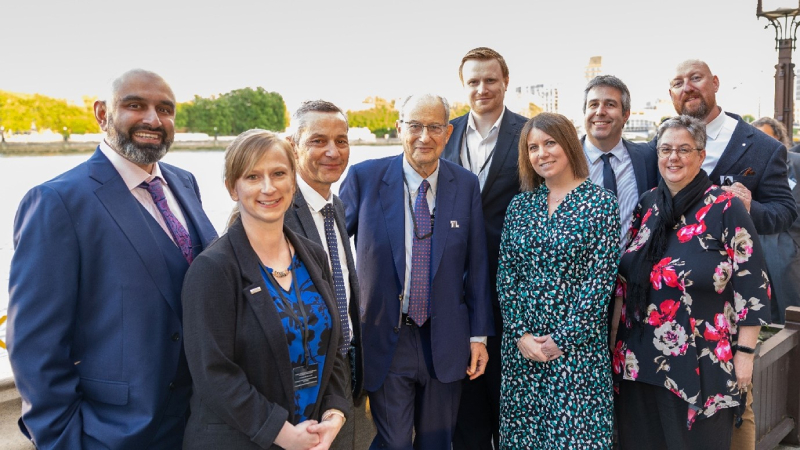
Cranfield University has committed to implementing ten recommendations from a national policy commission that will strengthen the future of technical skills and staff in higher education and research. The University is one of eight in the Midlands Innovation group to pledge to action the TALENT Commission employer recommendations within their institutions.
Future proofing technical skills and careers
The TALENT Commission report, published in February 2022, generated new strategic insights into the skills, roles and careers of the UK’s technical talent and bold vision for the future of the sector.
It outlines 16 overarching recommendations for employers, funders, government, policymakers, professional bodies, learned societies and technicians to collectively ensure that the UK has the technical skills, roles and careers required across academia, research, education and innovation.
This includes taking a strategic approach to future technical skills and plugging any future skills gaps, addressing existing EDI challenges, costing technicians on grants and proposals consistently, broadening technical career pathways and expanding technician job families, making it easier to attract the best talent to create a diverse technical workforce.
Strengthening technical careers in the Midlands
Professor Karen Holford CBE FREng, Chief Executive and Vice-Chancellor of Cranfield University announced the Midlands Innovation Joint Statement at a Parliamentary Reception for the TALENT Commission.
She said: “We strongly believe the TALENT Commission recommendations will make a significant and valuable difference. All eight university partners within Midlands Innovation are making a collective commitment to advance the culture and environment for our 2,100 technical colleagues who make such vital contributions to our institutions’ research and teaching.
“Midlands Innovation is the place to be for those seeking fulfilling and vibrant technical careers in higher education and research and this initiative will strengthen that.”
More than 100 delegates attended the TALENT Commission Parliamentary Reception which also included speeches from Lord Sainsbury of Turville, Settlor of the Gatsby Foundation, Kelly Vere, Director of Technical Skills & Strategy from University of Nottingham and TALENT Projecy Lead, Dr Helen Pain, CEO Royal Society of Chemistry and Chair of the Technician Commitment Steering Board, Jiteen Ahmed, Head of Technical Services, Aston University, Professor Nishan Canagarajah, Vice-Chancellor, University of Leicester and David Sweeney, Executive Chair for Research England.
Employers dedicated to investing in technical workforce
David Sweeney said: “I hope that the report galvanises action and facilitates conversations with all stakeholders within the sector in terms of how we can better understand, value and support our vital technical community.
“Midlands Innovation’s joint statement shows dedication from employers to support and invest in their technical workforce. This will help strengthen the future of the UK’s research base and I admire their collaborative approach – one which I hope many other employers also implement.”
Dr Helen Turner, Director of Midlands Innovation added: “Midlands Innovation has been championing the role of technicians for many years. The biennial Higher Education Technicians Summit (HETs) and Papin Prizes celebrate technical excellence, the partners were founding signatories of the Technician Commitment, our Technical Staff Strategy Committee has given our technicians a collective voice for almost five years, and we continue to pilot innovative technician-led equipment sharing initiatives,” she said.
“We’re proud to continue this advocacy through the joint statement and look forward to seeing the TALENT Commission’s vision support the UK’s ambition to become a Science Superpower.
“Thank you to our partners for their continued support and effort to pilot new ideas that have enabled us to share best practice and learning with the sector.”


